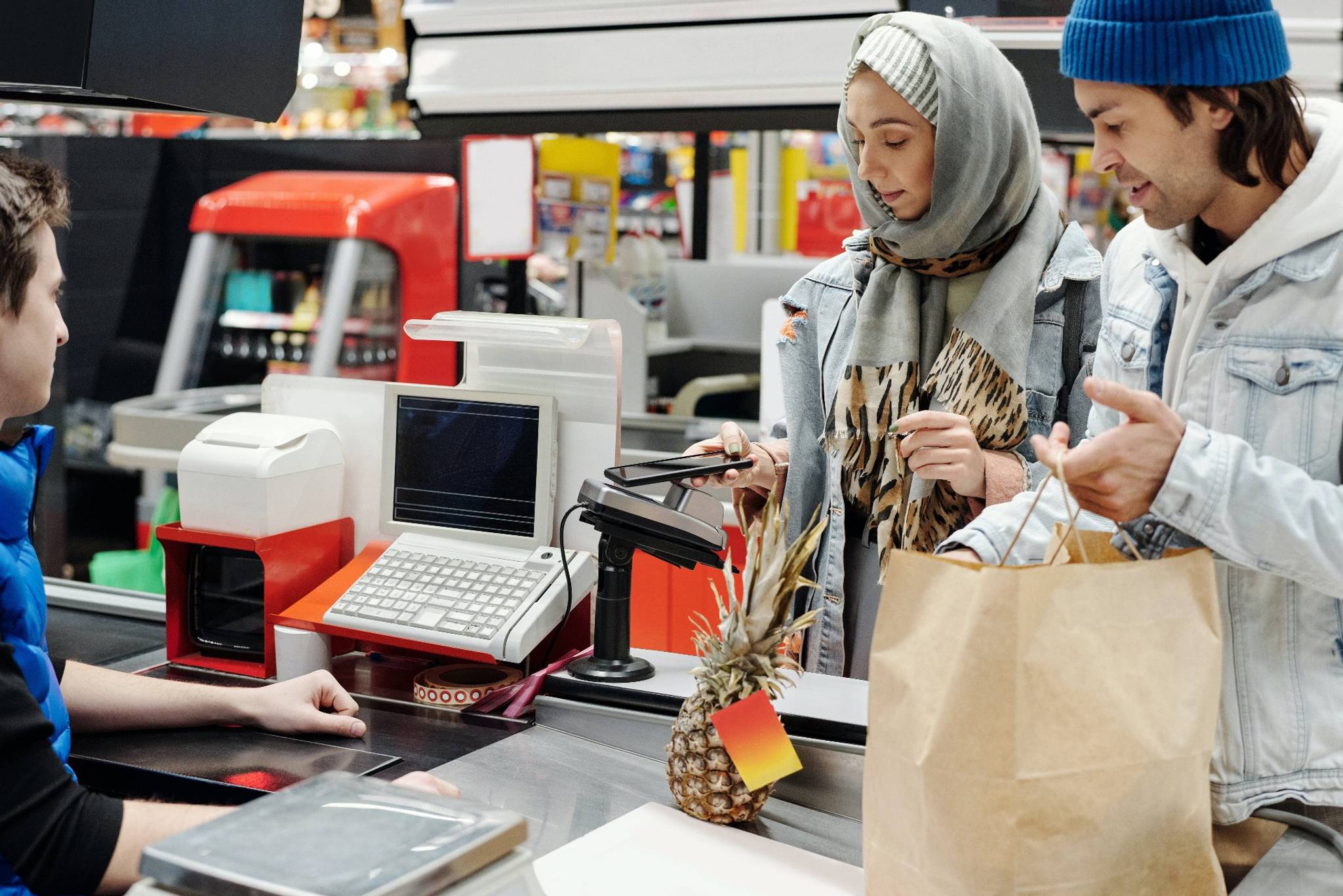
The pandemic has shifted people's expectations of customer service to be more values-based – but companies aren’t pivoting quickly enough to hit the mark. This means there are opportunities for brands to stand out from the crowd with more personal, values-based customer service.
Britons' expectations of customer service are low – research from Freshworks shows that just only 9% say they expect to be ‘wowed’ by a company, lower than the average globally (14%). These low expectations come as people’s attitudes have shifted and companies haven’t kept up – 39% of Britons say the pandemic has changed their expectations of how brands should communicate with them. “The importance of authenticity and values in customer services isn’t anything new but it has taken a big leap forward since the pandemic as people have had more time to reflect on what is important to them,” says John Crossan, Europe vice-president and general manager at Freshworks.
The pandemic pushed people to look to brands to help tackle the crisis – 62% of people globally said that their country wouldn't have made it through this crisis without brands playing a critical role in addressing the challenges. And it raised expectations of brands in the long term. In fact, 55% of Britons expect brands to consider their personal values when communicating while 61% are looking for more empathy. But they also think that brands are setting expectations too high and failing to deliver – 62% say a brand’s customer service often doesn't match the image they portray. Given this, it’s not surprising that 77% want to see more honesty from brands.